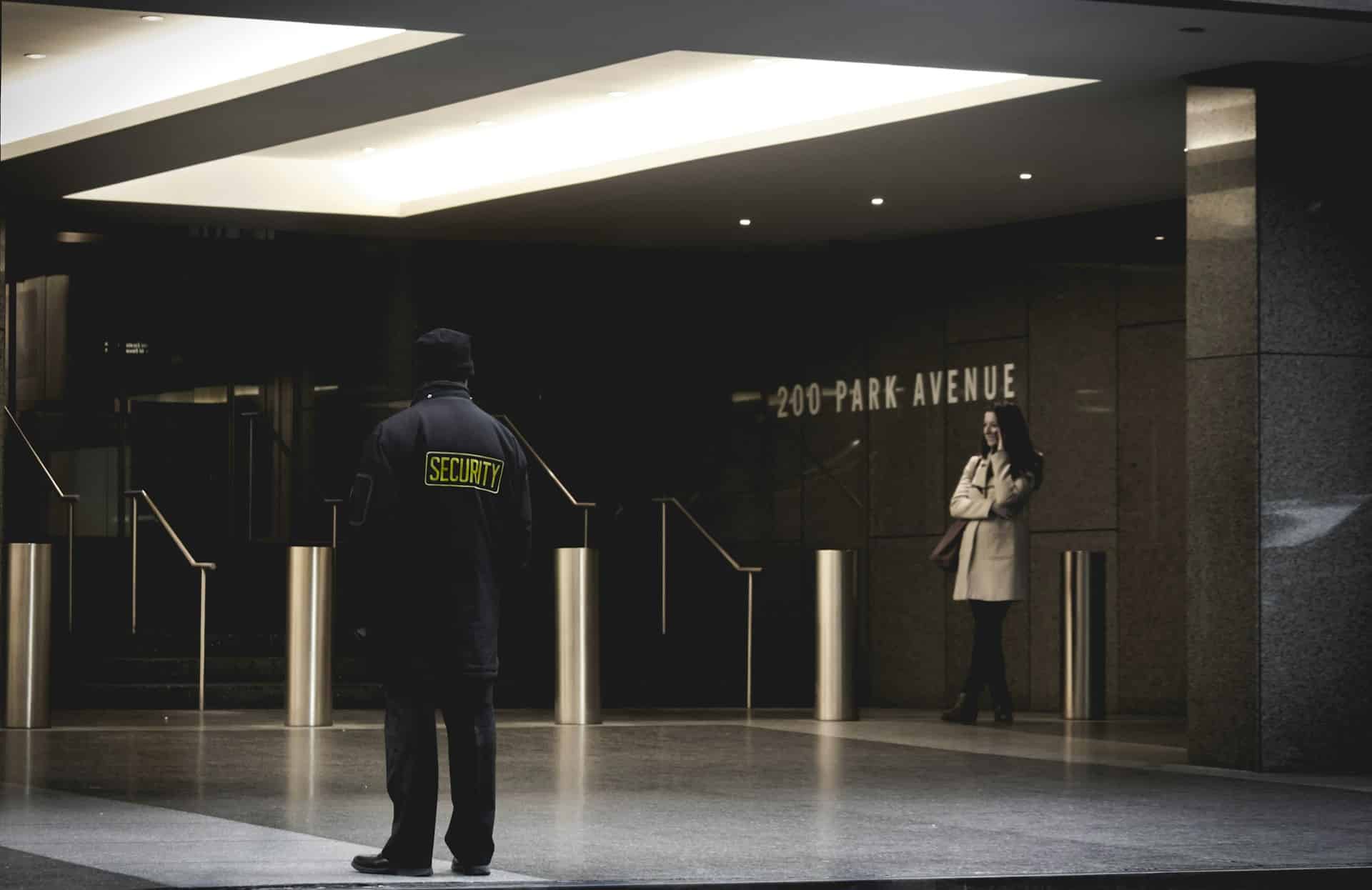How Can AI Improve Public Safety in UK Urban Areas?

Public safety has always been a critical concern for urban areas. With increasing populations and complexities of urban life, cities are continually seeking innovative ways to manage safety and security. In recent years, technology has played a significant role in transforming public safety management. Among the most promising technologies today is Artificial Intelligence (AI). AI has the potential to revolutionise public safety in urban areas in the UK, and here's how.
AI in Traffic Management and Public Safety
Traffic congestion is a perennial problem in urban areas. Poor traffic management can lead to accidents, delaying emergency responses, and can contribute to pollution. AI can significantly enhance traffic management systems which, in turn, will improve public safety.
Lire également : How Can AI Improve Efficiency in UK Public Transport Systems?
AI-powered traffic management systems can accurately predict traffic flow by analysing real-time data from various sources. Cameras fitted with AI can recognise traffic conditions and adjust signal timings accordingly to ease congestion. In case of an accident, they can alert emergency services instantly, ensuring a swift response to incidents. Moreover, AI systems can also alert the concerned authorities about vehicles that violate traffic rules, thus helping in the effective enforcement of the law.
AI in Crime Detection and Prevention
Urban areas often grapple with security challenges such as crime. But AI-powered intelligent systems can revolutionise crime detection and prevention in cities.
Lire également : How Can AI Enhance User Experience on UK Mobile Apps?
AI can analyse vast volumes of data from various sources, like CCTV footage, social media posts, online activities, etc., and detect patterns that might indicate potential criminal activity. AI systems can even predict crime hotspots and timings based on past incidents and prevent them proactively. Furthermore, facial recognition technologies powered by AI can help identify suspects in crowded public places and assist law enforcement agencies in their apprehension.
AI in Urban Development and Governance
The use of AI isn’t limited to traffic management and crime prevention. It has the potential to redefine urban development and governance in cities.
AI can help cities become 'smart' by leveraging data collected from various sources to optimise services and improve public life. For instance, AI can analyse patterns in waste generation and collection to enhance waste management systems. It can also analyse the usage of public utilities like parks, libraries, and sports facilities to improve their management and accessibility.
Moreover, AI can aid in making governance more transparent and efficient. AI-powered chatbots can provide citizens with quick access to information and services, thereby improving citizen-government interaction.
AI in Emergency Response
A vital aspect of public safety is the ability to respond quickly and effectively to emergencies. Here too, AI can play a transformative role.
AI systems can analyse data in real-time during an emergency, help coordinate response teams, and assist in evacuation planning. For instance, during a fire, an AI system can use data from various sources like smoke detectors, thermal cameras, and meteorological data to predict the spread and direction of the fire. It can then help in planning an effective evacuation route and manage the deployment of fire-fighting resources.
Similarly, AI can also be used to predict natural disasters like floods and earthquakes based on historical data and weather patterns, which can give people and authorities more time to prepare, thus saving lives and properties.
AI in Digital Surveillance and Cybersecurity
With the increasing digitisation of urban life, cybersecurity has become a critical concern for public safety. AI can help address this challenge.
AI can monitor digital activities and detect anomalies that might indicate a cyber threat. It can also help businesses and individuals protect their sensitive data by identifying potential vulnerabilities in their digital systems and suggest ways to mitigate these threats.
Moreover, AI can enhance physical security through digital surveillance. AI-powered surveillance systems can monitor public spaces 24/7, detect suspicious activities, and alert the relevant authorities, thus deterring crime and enhancing public safety.
Overall, AI offers a plethora of opportunities to enhance public safety in urban areas in the UK. By harnessing the power of AI, cities can become safer, smarter, and more livable for their residents. However, while implementing AI-powered systems, it is also essential to consider potential ethical and privacy concerns to ensure that the use of AI enhances public safety without infringing upon citizens' rights.
AI in Decision Making and Public Policies
The role of AI extends beyond managing traffic, crime prevention, or emergency responses. It can significantly influence decision-making processes and public policies, leading to more robust and efficient urban development.
In the context of smart cities, AI can support decision-makers by providing accurate data-backed insights. It can analyse and interpret vast amounts of data collected from various sources in real-time. This data collection and analysis can help identify public needs, assess the efficiency of existing policies, predict future trends, and formulate strategic plans.
For example, AI can analyse data on public health, education, employment, housing, and more. This analysis can help policymakers understand the impact of their decisions and make informed adjustments. Moreover, machine learning algorithms can predict the likely outcomes of different policies, helping in decision-making and planning of sustainable development projects.
Furthermore, AI can also aid in identifying inequalities or discrepancies in public services. It can highlight areas where specific communities might be underserved, facilitating a more equitable distribution of resources and services.
AI is also instrumental in early warning systems for climate change impacts and other environmental issues. These systems can provide authorities with valuable time to formulate and implement necessary mitigation and adaptation measures.
The potential of AI to improve public safety in UK urban areas is immense. From traffic management, crime detection, emergency response, to decision-making and public policies – AI can redefine how cities function and how they ensure the safety and well-being of their citizens.
By harnessing AI’s ability to analyse real-time data, predict patterns, and make informed decisions, cities can become smarter and safer. With facial recognition technology, predictive policing, and digital surveillance, law enforcement agencies can enhance their capabilities and improve public safety.
AI’s role in urban development and governance can lead to more sustainable and equitable cities. By improving public services, enhancing early warning systems, and aiding in sustainable development, AI can transform urban spaces into safer, more livable, and resilient habitats.
However, while AI offers various possibilities, its implementation must be balanced with ethical considerations and privacy safeguards. The goal should be to create not just smart cities but also ‘wise’ cities that leverage technology to enhance public safety while respecting individual privacy and promoting social inclusivity.
As we look towards the future, AI is set to become an integral part of urban life. It will be instrumental in shaping safer, smarter, and more sustainable urban areas in the UK and beyond. AI’s transformative potential, coupled with a responsible approach to its deployment, can indeed make our cities better places to live.
